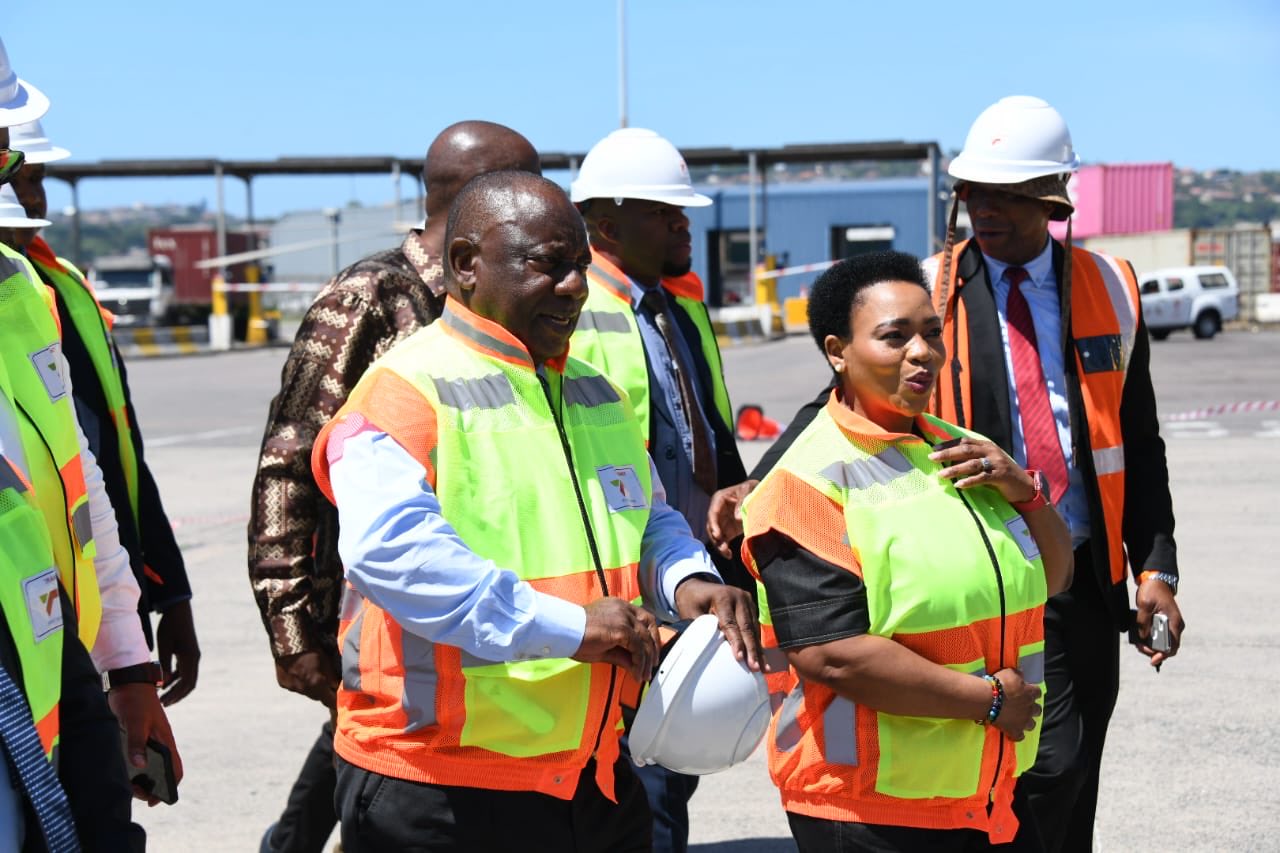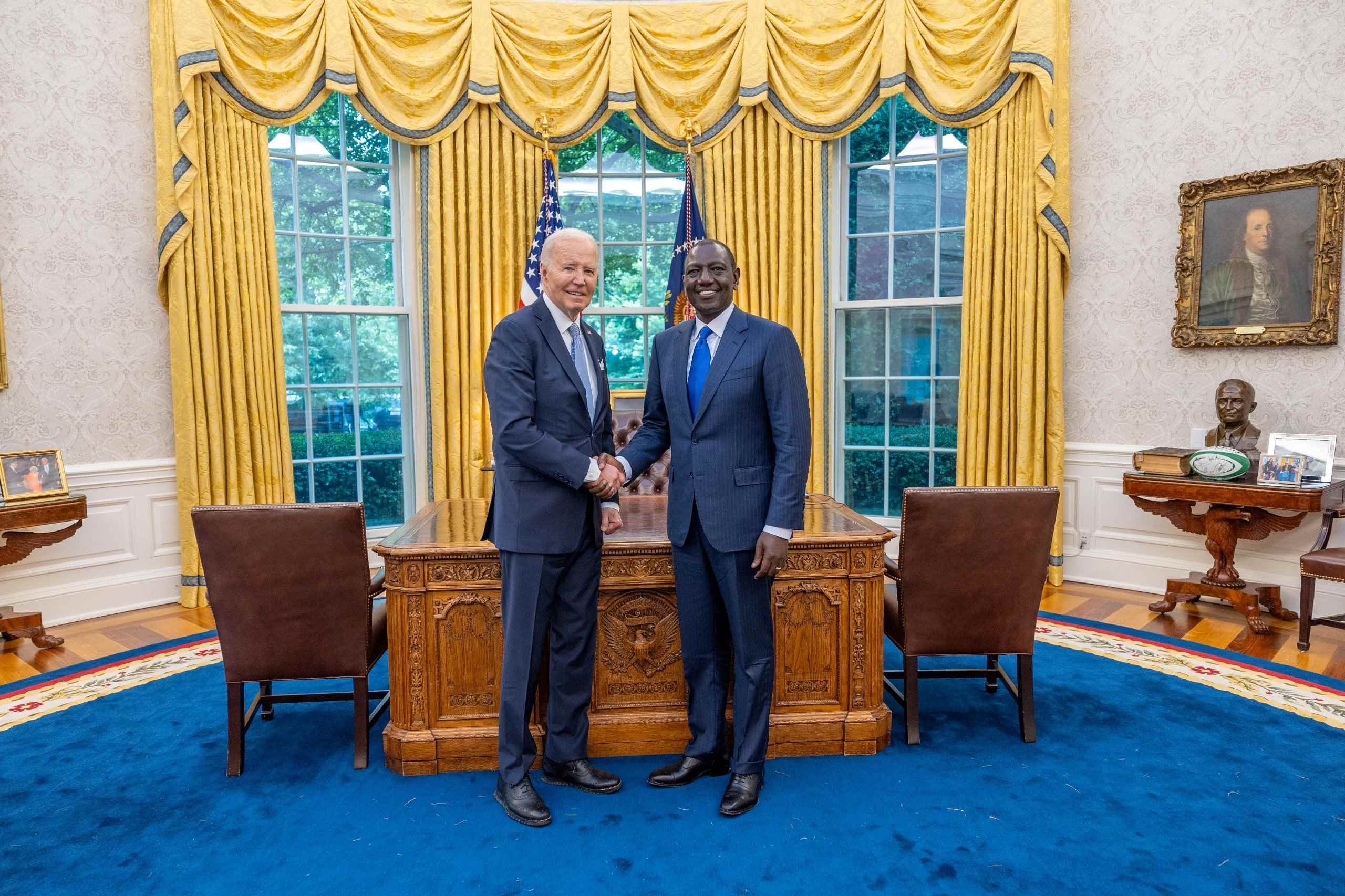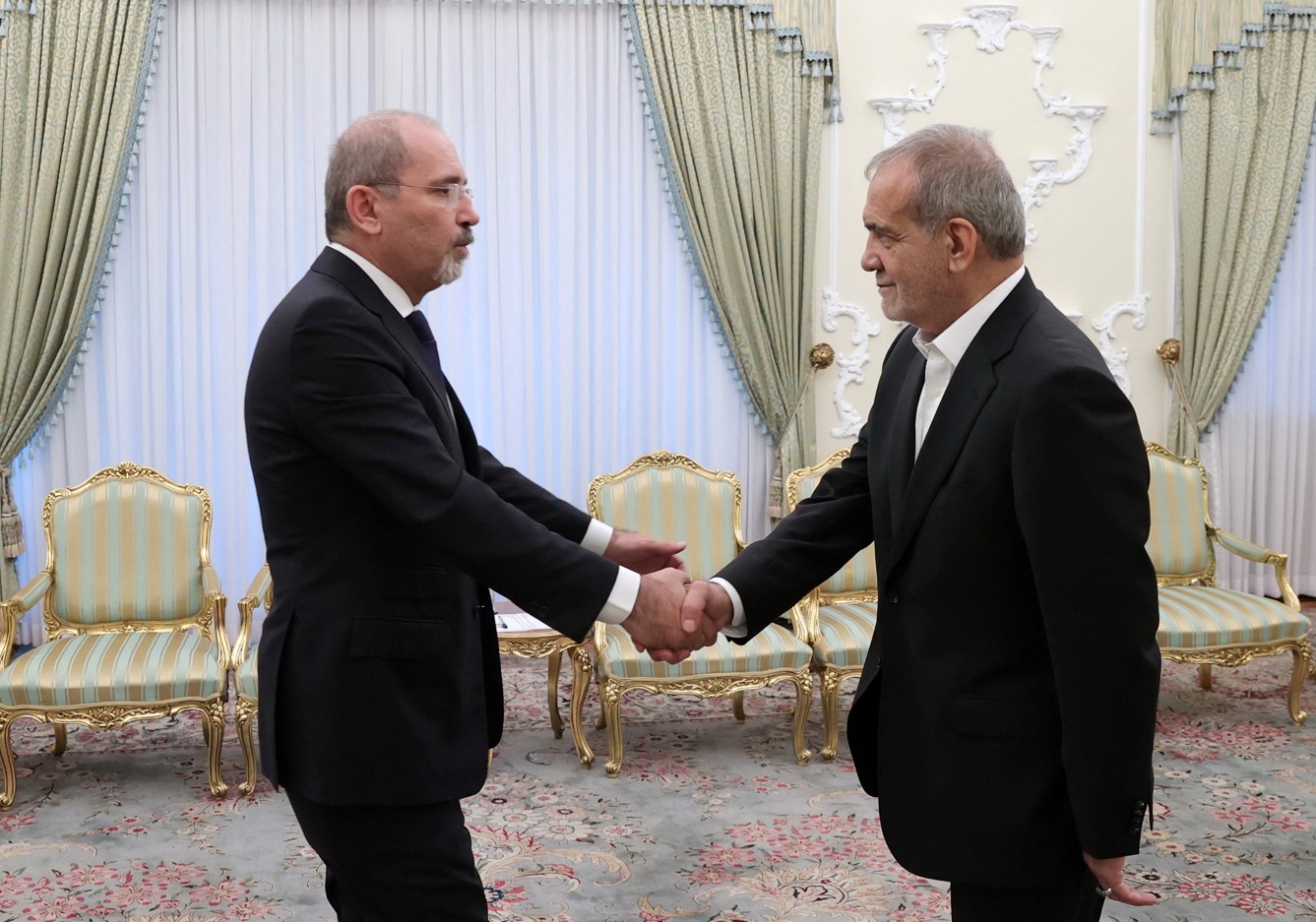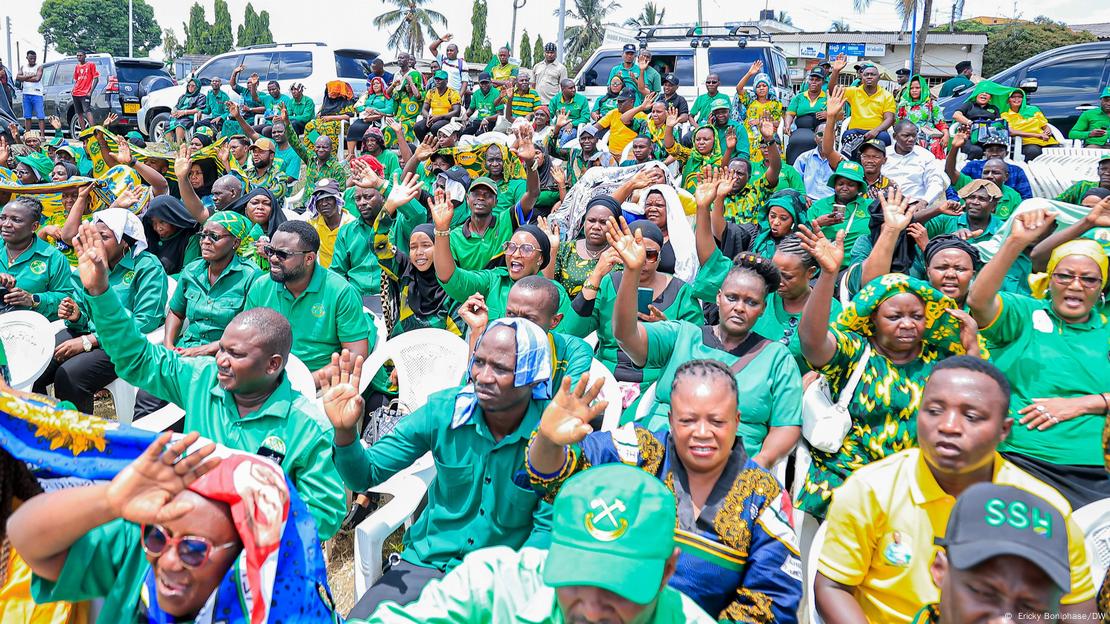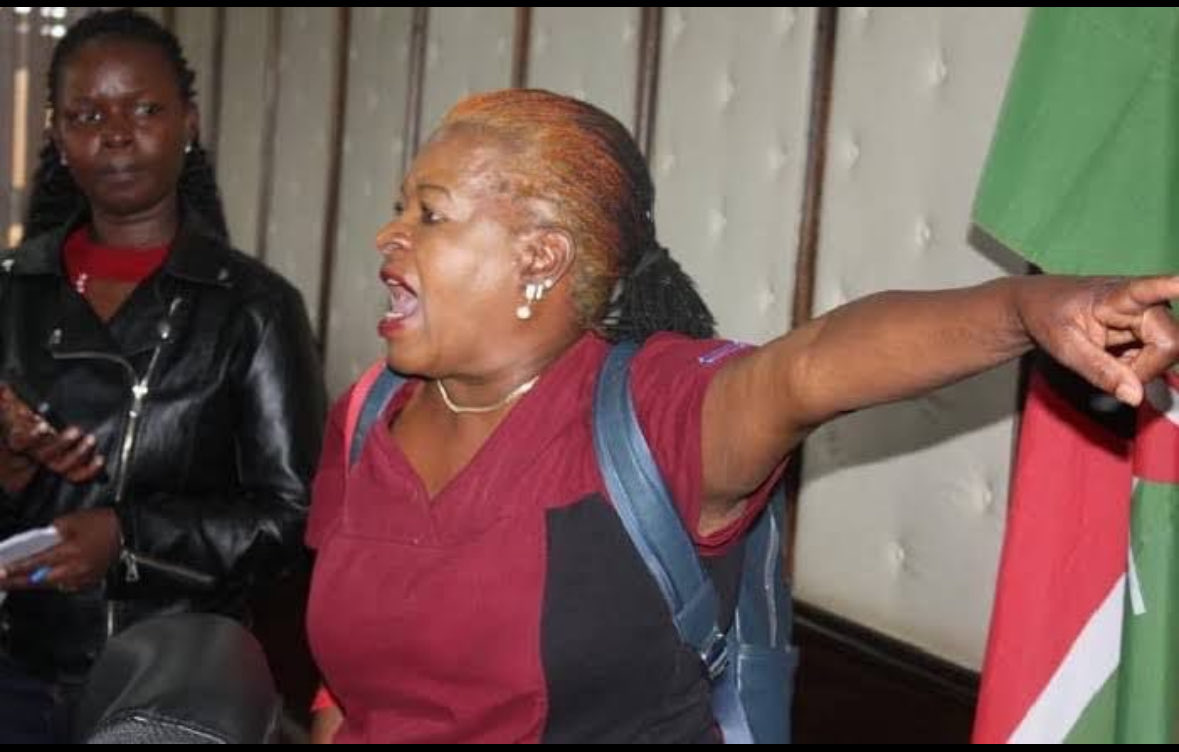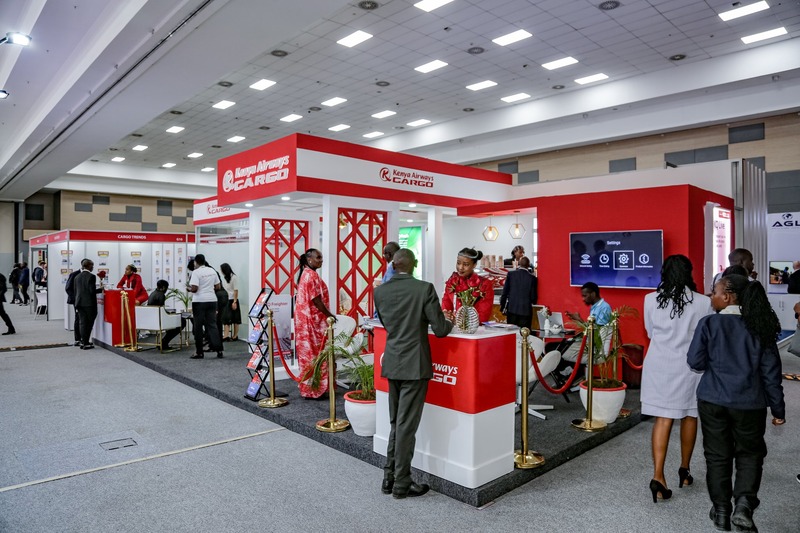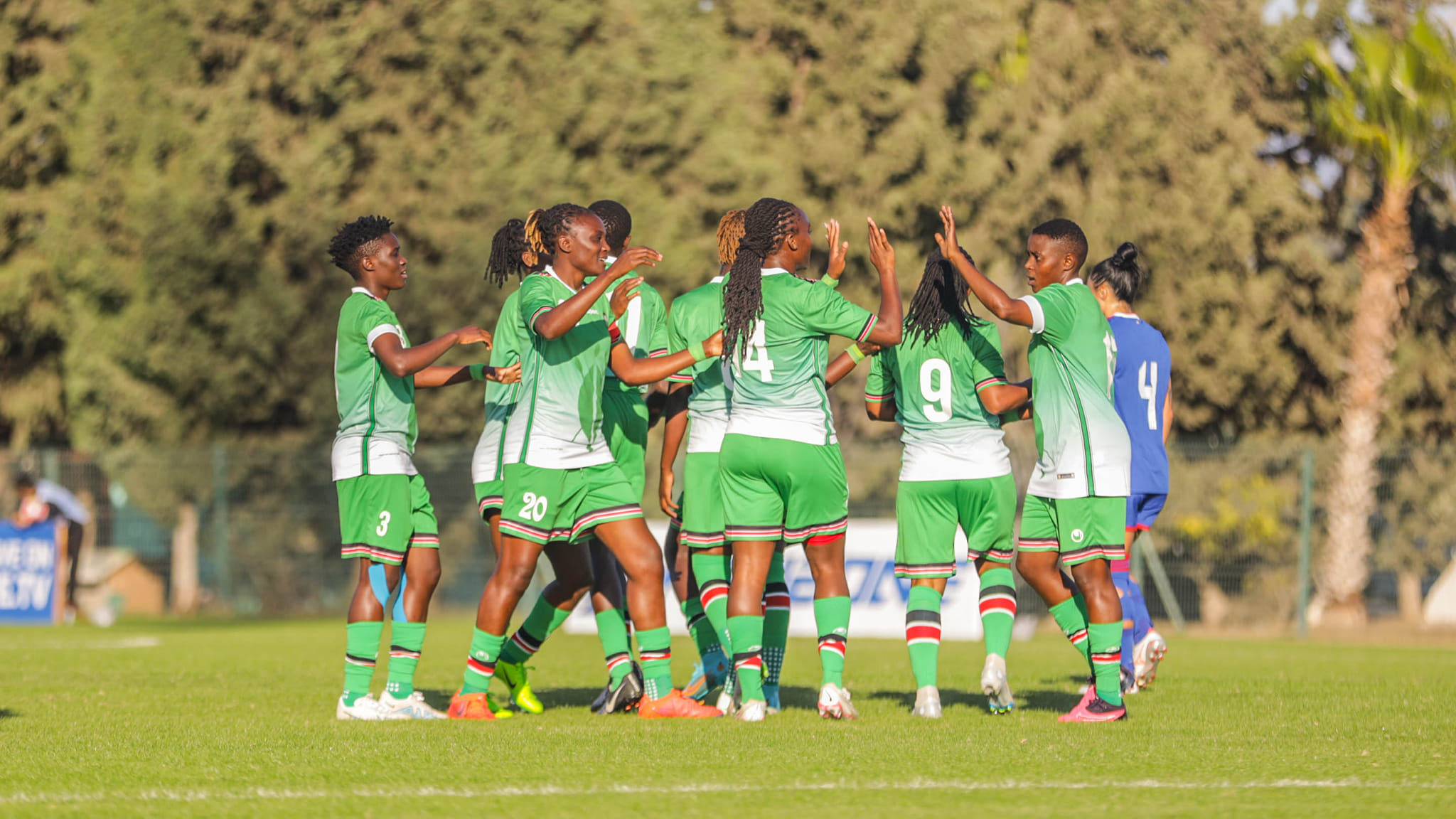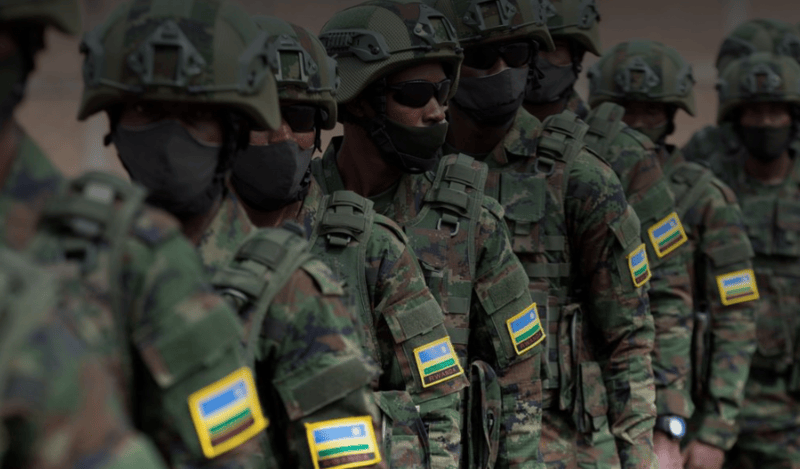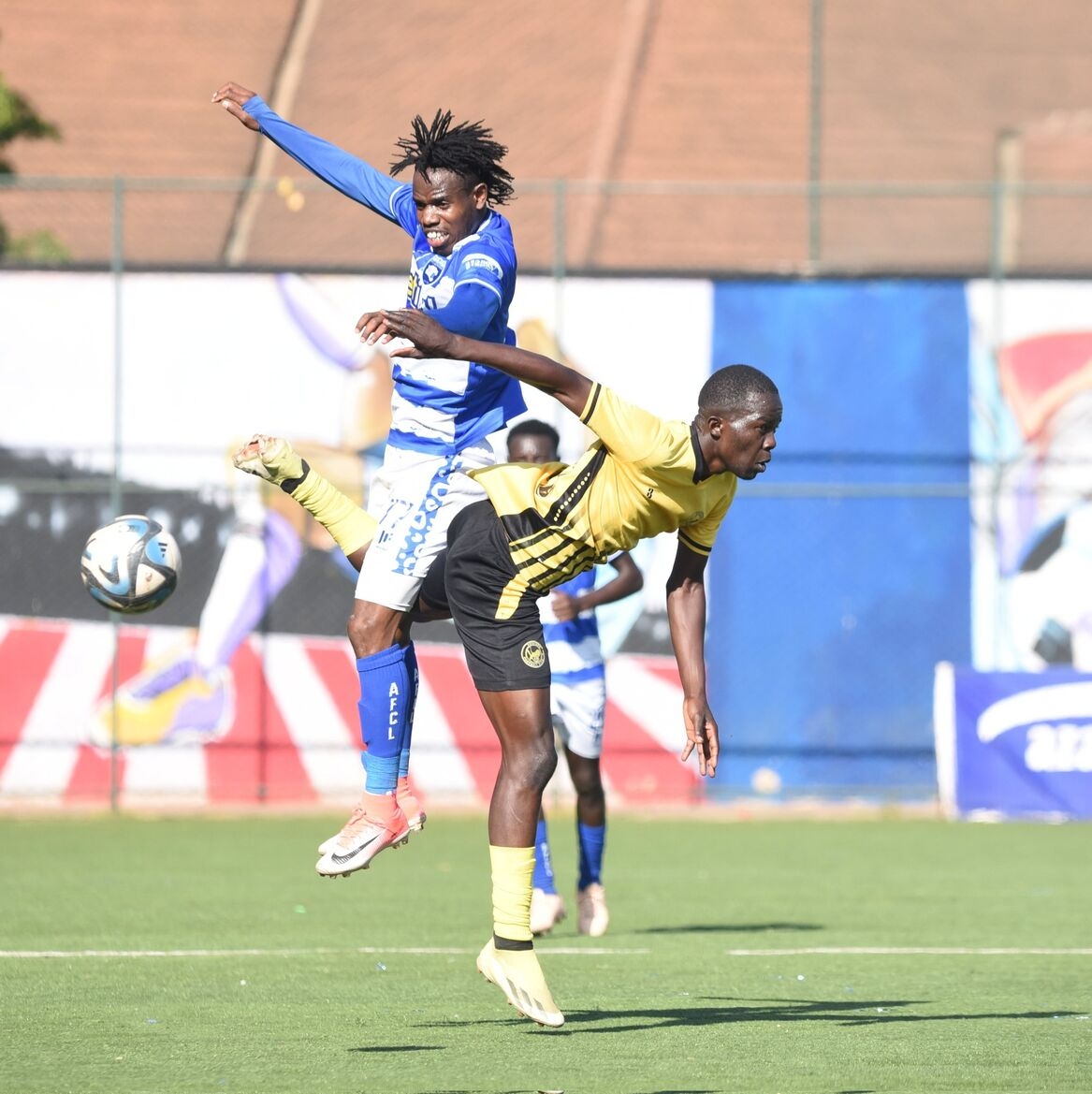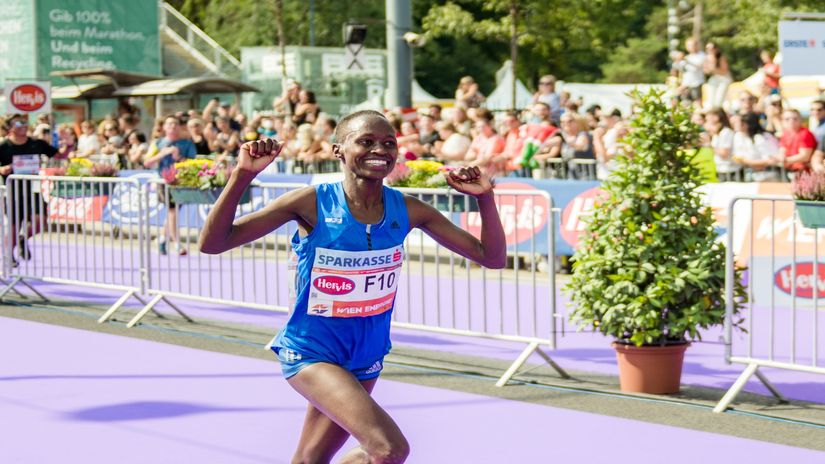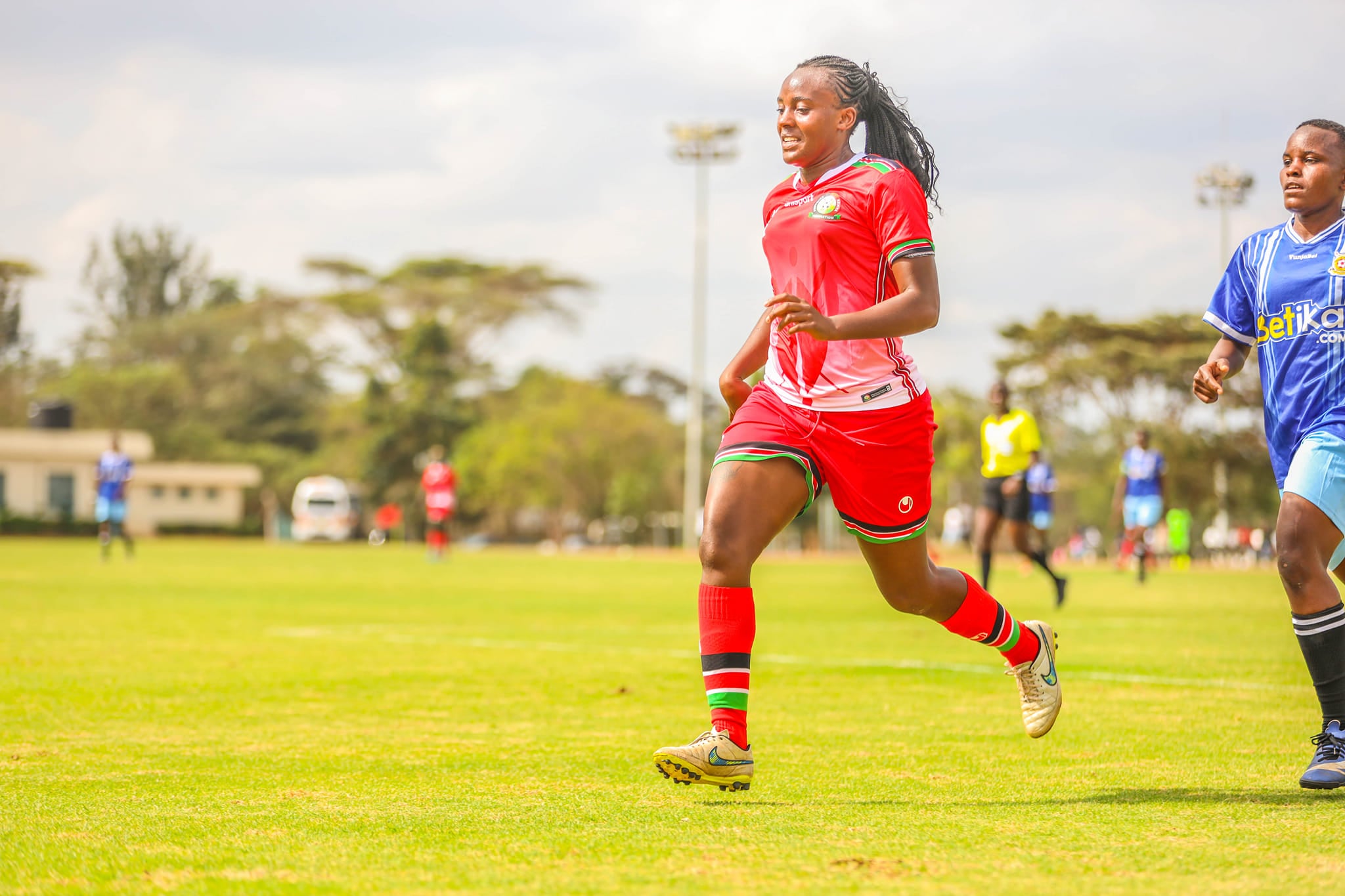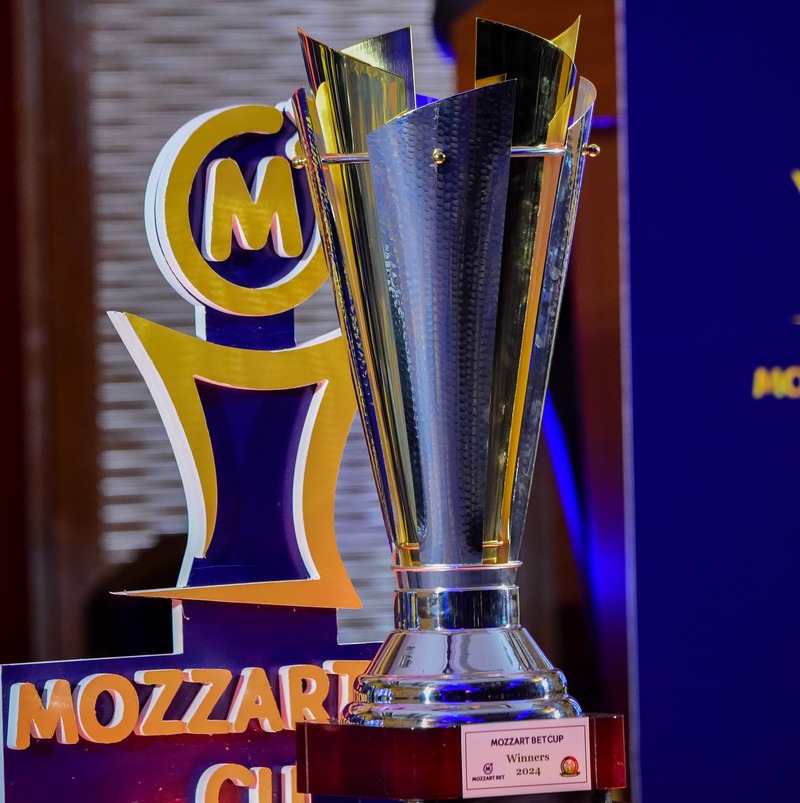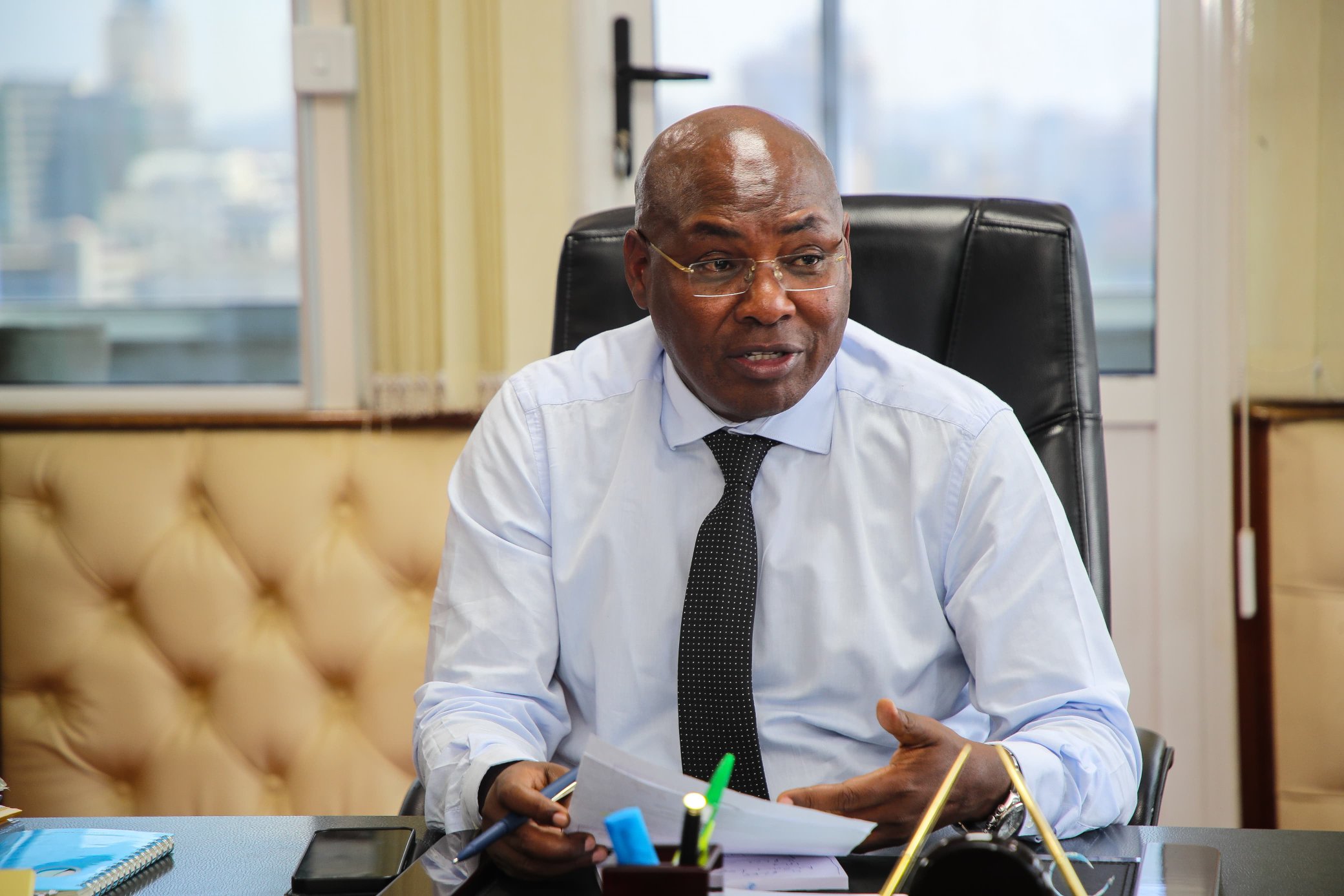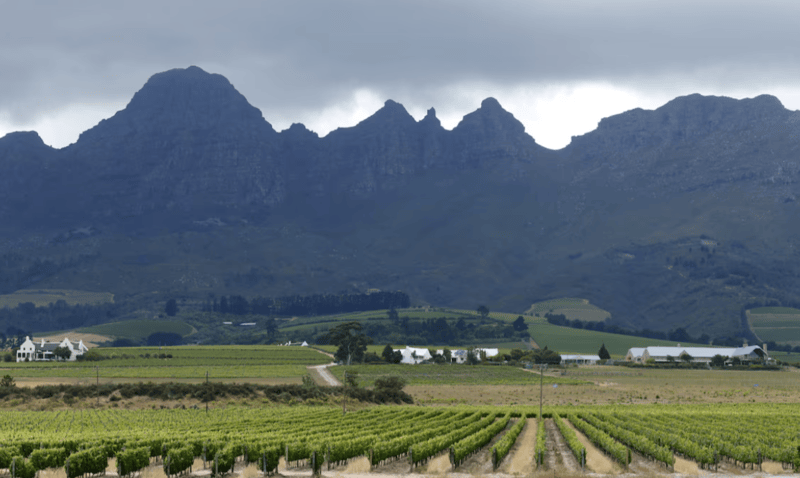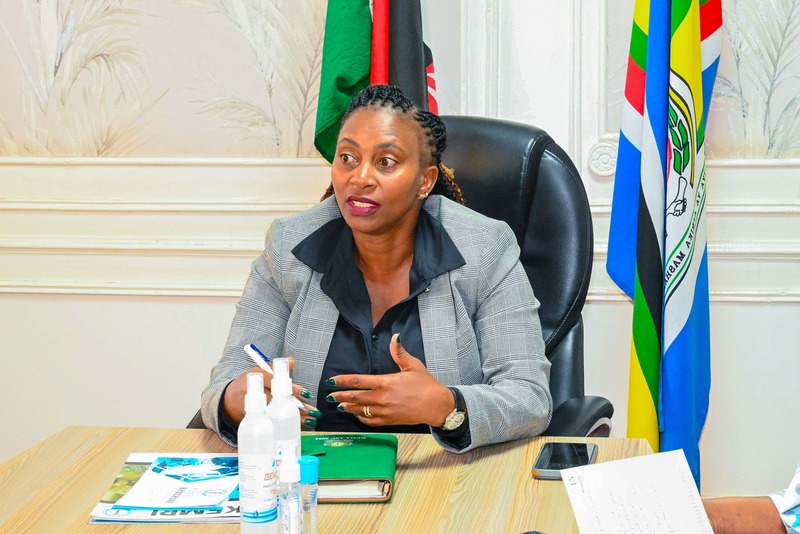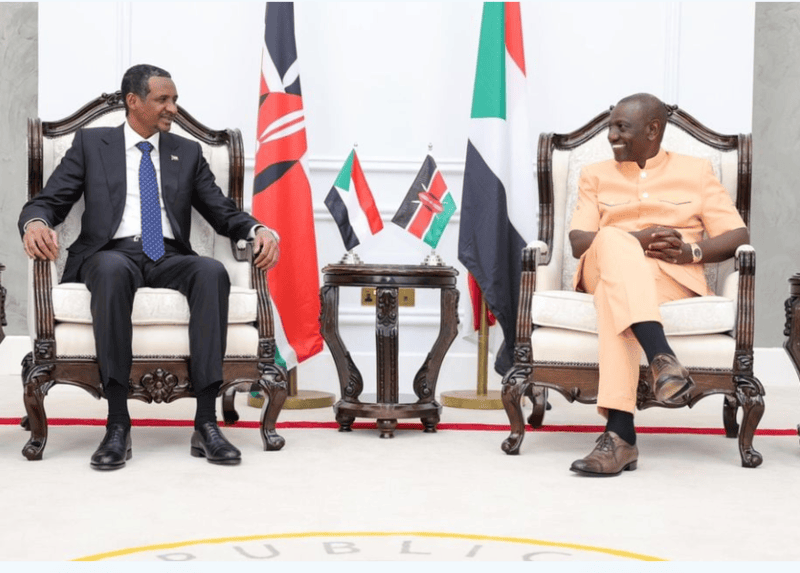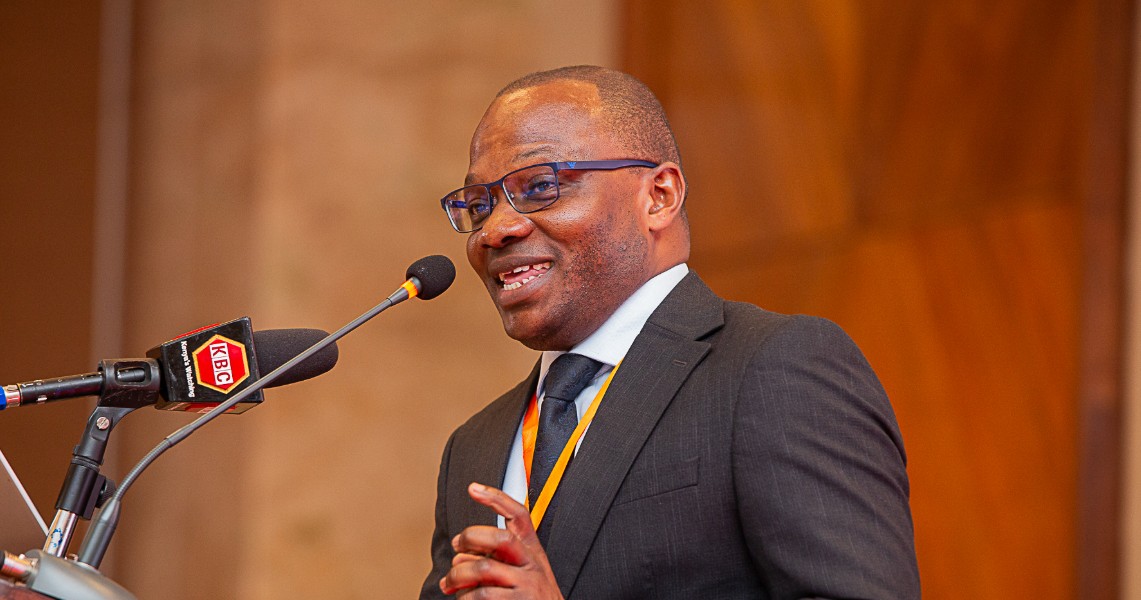Mohammed Doyo: Kenya’s diplomatic missteps that cost Raila AU Commission chair

We goofed a big time. And here we are again. Baba rejected again. Far away from home. Not because he was not a strong or visionary candidate but because of diplomatic miscalculations that are not in any way, his doings.
A striking turn of events unfolded on the continental stage as Raila Odinga, a towering figure in African politics, found himself outmanoeuvred by Djibouti's candidate in the race for the African Union Commission chairmanship.
Despite the heavily publicised campaigns, Korir Sing’oei’s twang endlessly playing in multiple African TV channels, our diplomatic charm offensives literally in every presidential palace or state house, our bigger-than-life show on the person and desirability of Odinga’s candidature, the African lion lost.
More To Read
But how did we get here? What did we do, or did not that may have led to another Baba loss? Walk with me as I attempt to unpack.
For starters, true diplomacy thrives in shadow and silence. It's a dance of careful words and measured pauses, where practitioners watch like patient predators for the perfect moment to advance their interests.
One misplaced phrase, one careless whisper, and years of meticulously crafted strategy can dissolve like morning mist. This is why those who understand the game keep their handlers on a tight leash, knowing that loose lips don't just sink ships – they can sink entire diplomatic ventures.
When global crises erupt, we leap without looking, mimicking American responses with almost childlike eagerness. ‘We join the world to condemn… “our troops are ready….’ The statements tumble out before we've even understood the situation. Each action, each statement, carefully calibrated not for our national interests but for the approving nods from Brussels and Washington.
Consider how Raila's campaign unfolded – backed by President William Ruto whose political compass always points toward Western validation. Djibouti, though similarly aligned with Western powers, plays a subtler game. They understand the value of being the quiet observer, the green snake in the grass, carefully measuring each move.
Their candidate moved alone, making grand moves. Some of us called him uncharismatic, but the poetry was in his small, purposeful delegation that moved through the halls of Addis Ababa. Meanwhile, Kenya chose spectacle—hundreds of voices echoing through those same corridors, as if volume alone could manifest victory.
Our handling of the DRC-Rwanda crisis was the long nail that drove in Raila’s AUC chair ambition coffin. SADC, the southern Africa economic block voted their Madagascar candidate to the last man in the first round of votes; 10 to be precise.
In the subsequent rounds, and in the absence of the Madagascar candidate, they shifted support to the Djibouti candidate. SADC had taken an issue over Kenya’s position and stance in the ongoing Rwanda – DRC conflict.
The DRC situation revealed something even more intriguing about our diplomatic approach. President Ruto's visible support for Paul Kagame wasn't just about international politics – it was personal. Their friendship, while valuable on a personal level, complicated Kenya's role as a neutral mediator.
What's particularly fascinating is how this aligned with domestic political dynamics: Tshisekedi's surprise victory a few years back had been supported by Uhuru Kenyatta Presidency while Ruto’s candidate of then flopped, creating a layer of complexity where national, personal, and historical relationships collided. This wasn't just international relations; it was personal politics playing out on a continental stage.
When Ruto publicly announced his conversations with France's Macron, it wasn't just a diplomatic faux pas – it revealed a deeper misunderstanding of African sensitivities. French intervention in African affairs carries heavy historical baggage, from its role in Rwanda's genocide to ongoing economic influences in its former colonies.
By proudly announcing French involvement, Kenya positioned itself not as an African mediator but as a Western proxy, essentially telling other African nations, "Look, we have powerful friends in Paris!" The reaction was predictably cold.
This Western alignment became even more pronounced with our non-NATO ally status last year under Biden. It's worth noting how this designation played out across the continent. While Kenya celebrated this "prestigious" recognition, many African nations—particularly those advocating for stronger pan-African solutions—saw it as further evidence of Kenya's Western-centric foreign policy.
In the context of growing Russia-China influence in Africa, this designation effectively painted a target on Kenya's back in certain diplomatic circles.
Then there's the Sudan crisis, where Kenya's handling revealed a fundamental misunderstanding of regional dynamics. By appearing to explicitly support rebel forces leader Hemedti, Ruto didn't just anger Sudan's military regime—we risked alienating the entire Arab-speaking bloc of African nations.
Our position on Palestine and more often than not, backing up Israel at the expense of the annexed Gaza, put us in the wrong books with Arab Speaking/Muslim countries. These countries, with their shared cultural and linguistic ties, often vote as a bloc in continental matters. Our position effectively turned this influential group against Kenya's interests, including Raila's AUC bid.
Our relationship with Ethiopia adds another fascinating layer. The GERD dam dispute isn't just about water resources but regional power dynamics, historical relationships, and future influence. Kenya positioned itself within a complex web of regional rivalries by openly choosing Ethiopia despite its tensions with Egypt. Egypt, a powerful player in African politics, has long memories when it comes to diplomatic allegiances.
What's particularly interesting is how these various diplomatic threads interweave. Each decision – whether it was embracing Western allies, supporting regional friends, or taking sides in continental disputes – created ripple effects that influenced other relationships. It's like a complex game of diplomatic Jenga, where moving one piece affects the stability of the entire structure.
The whispers about former president Uhuru Kenyatta's presence in Addis Ababa during Raila's AUC bid perfectly illustrate how domestic politics can poison international ambitions. Whether true or not, these rumours speak to a larger truth: in African diplomacy, personal relationships and historical allegiances often outweigh formal diplomatic positions.
The art of African diplomacy requires understanding that relationships built over decades can be undone by a single misplaced allegiance. It demands recognition that every public statement, every alliance, and every friendship carries weight far beyond its immediate context.
We goofed a big time. And here we are again. Baba rejected again. Far away from home. Not because he was not a strong or visionary candidate but because of diplomatic miscalculations that are not in any way, his doings.
Top Stories Today
